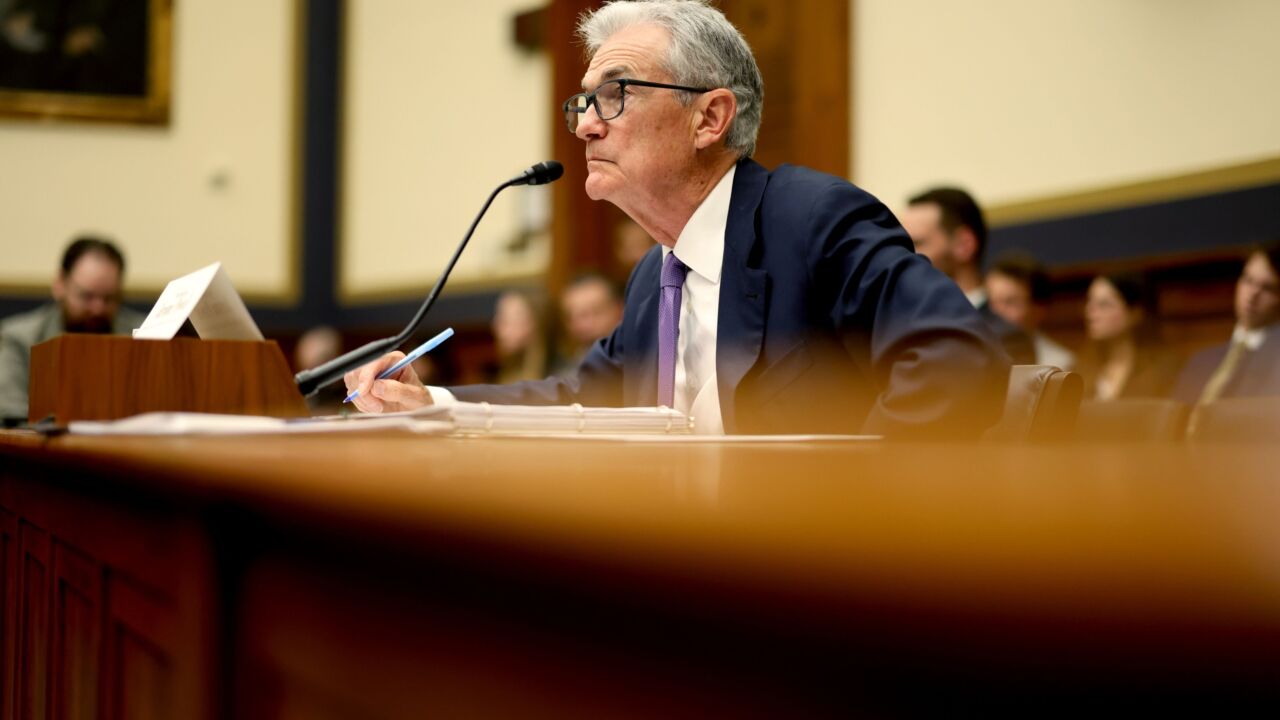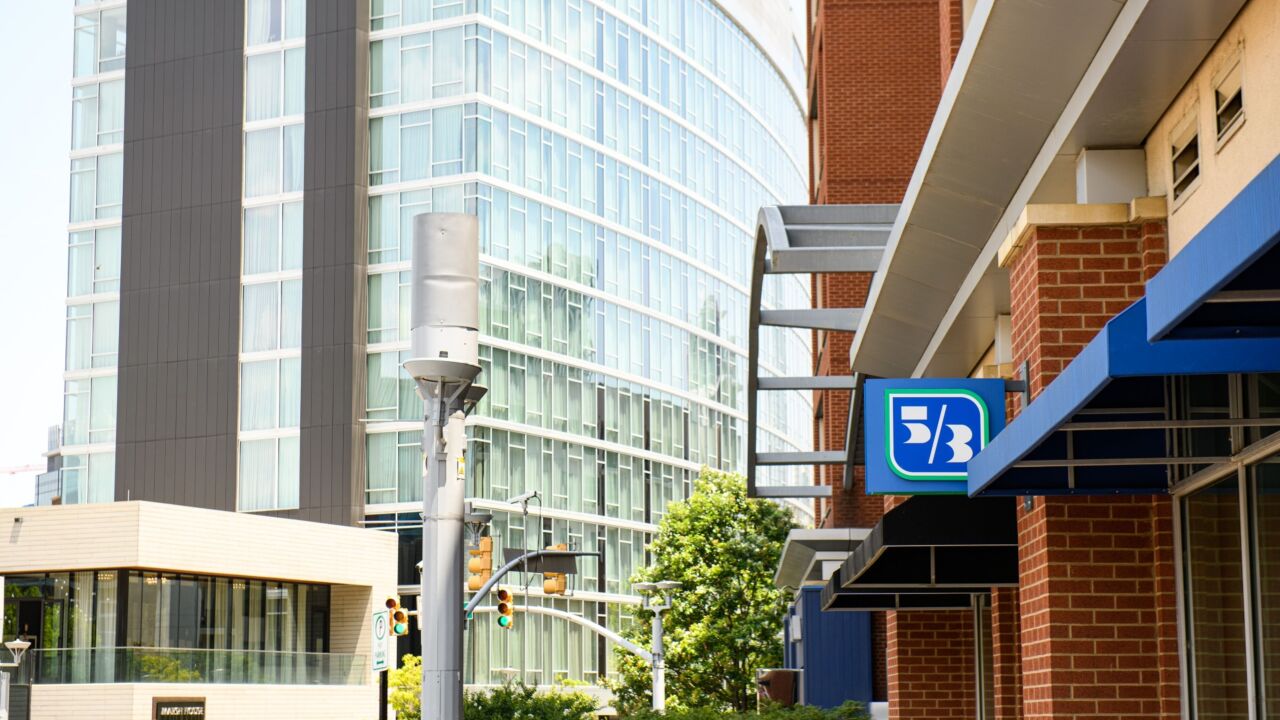-
The Federal Reserve chair said there is a consensus within the central bank's board of governors for reproposing its capital rules, but notes that other agencies have not yet signed off on this approach.
July 9 -
The Cincinnati bank has agreed to pay a total of $20 million to settle a lawsuit by the Consumer Financial Protection Bureau over fake bank accounts and to resolve separate violations involving force-placed auto insurance.
July 9 -
Micromanaging the terms under which payment networks are willing to process debit-card transactions is bad for both businesses and consumers. Congress has the power to roll back intrusive regulations.
July 9
-
The financial institution, which downsized earlier this year, is trying to broaden its scope to retain businesses that don't want to use multiple providers.
July 9 -
The Canadian bank has appointed Erin Morrow, who had served as deputy chief compliance officer for about six months, to replace Monica Kowal, who parted with TD July 2. The announcement comes as TD faces questions by U.S. and Canadian regulators about its anti-money-laundering compliance.
July 8 -
The Sacramento-area institution moved quickly and decisively to fill the gap created by the loss of First Republic and Silicon Valley Bank. A first-quarter rise in Bay Area deposits is a sign of bigger gains to come, San Francisco Bay Area President DJ Kurtze says.
July 8 -
The lead lawyer on the case that overturned the decades old doctrine penned an amicus brief arguing that the lower court ruling raises constitutional questions about the Federal Reserve.
July 8 -
Consultants at McKinsey and Accenture are offering to use gen AI to understand legacy software and write new code. Experts say this idea has merit, up to a point.
July 8 -
The agency has proposed a rule that would give it and the Committee on Foreign Investment in the United States broader authority over real estate transactions near military installations in 30 states.
July 8 -
The most important issue on voters' minds is inflation, and the inflation blame game has heated up with the upcoming presidential election. Putting politics aside, an objective economist would blame neither candidate, since the underlying cause of our inflation, like so many other problems today, was COVID-19.
July 8







